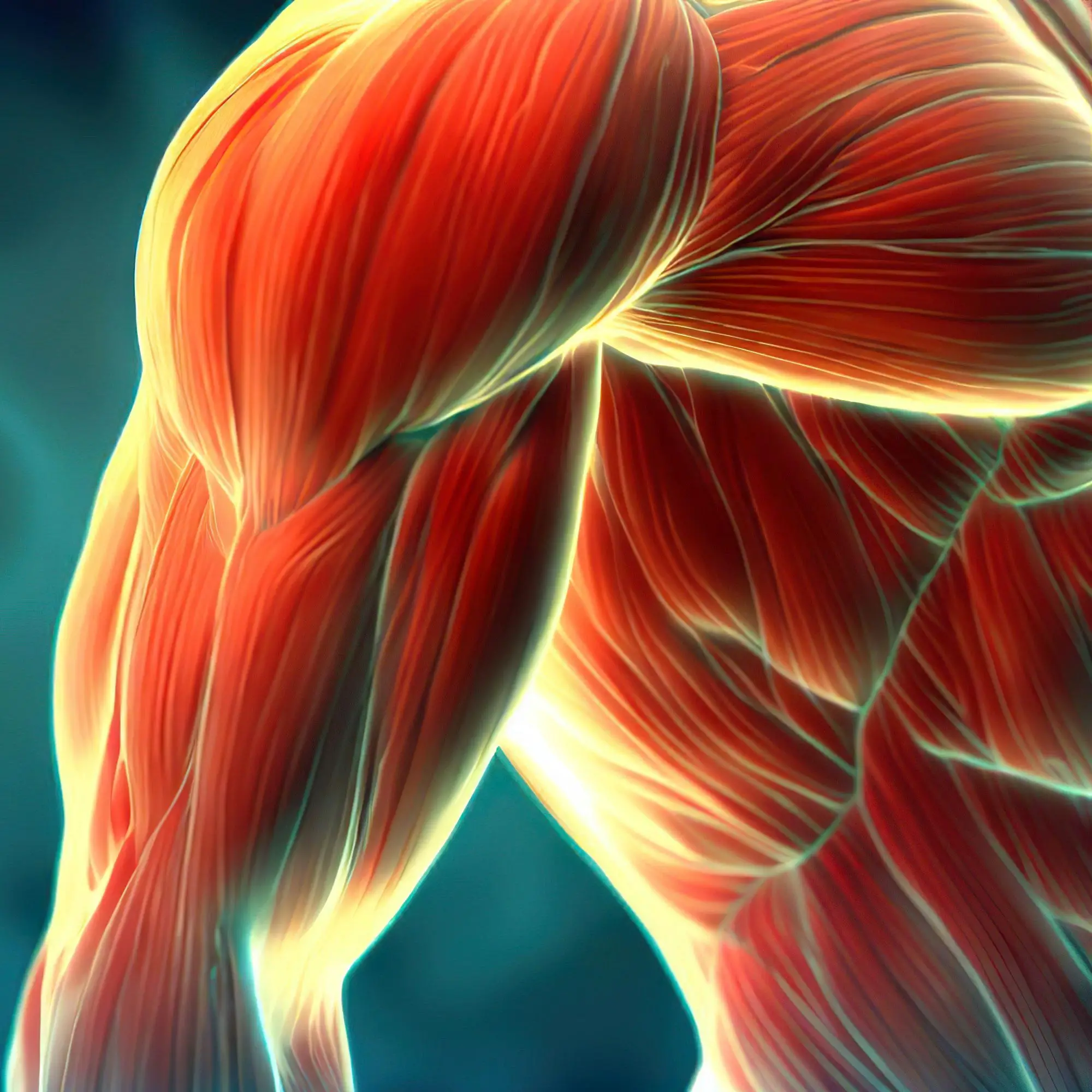Summary of Reclaiming Youth – How Scientists Are Getting Around Muscle Aging:
Researchers at the Instituto de Medicina Molecular João Lobo Antunes in Portugal have discovered a protein called MANF that can stimulate muscle regeneration in aged mice by modulating the function of immune cells called macrophages. The researchers found that macrophages in elderly mice have reduced levels of MANF, which is required for muscle regeneration. By increasing MANF levels in aged muscle, regeneration capacity can be restored. The findings could lead to more effective muscle regenerative therapies and potentially combat age-related diseases.
*****
Protein MANF May Restore Muscle Regeneration Capacity
A team of researchers at the Instituto de Medicina Molecular João Lobo Antunes in Portugal has discovered a protein that can regulate the immune system and restore the regenerative capacity of muscles in aging mice. The findings offer a fresh perspective on the decline of muscle regeneration during aging and offer a promising avenue for improving the efficacy of current muscle regenerative therapies and combating age-related diseases.
The Decline in Muscle Regeneration Capacity with Aging
Muscle regeneration is a complex, multi-stage process that involves various factors, including the immune system. This process tends to decline with aging. The researchers at iMM investigated this issue and discovered a protein that manages the function of immune cells known as macrophages. It enhances the macrophages’ ability to remove residue in the muscle undergoing regeneration, which leads to muscle growth.
How the Study Was Conducted
The researchers looked at macrophages in aged mice and found they have reduced protein levels called MANF. This protein is essential for muscle regeneration as it enhances macrophages’ ability to clear the dead cells from the muscle after an injury. Decreasing MANF levels in macrophages in younger mice impaired their ability to regenerate muscle. On the other hand, increasing the protein levels in aged muscle could recover the muscle’s regenerative capacity.
Implications for Regenerative Medicine and Aging
The clinical success of current stem-cell-based therapies is limited by the capacity of old and diseased organs to regenerate. Immune aging is an essential obstacle to the regenerative capacity of aged muscle. The researchers discovered an immune modulator, MANF, capable of improving the function of the immune system in aged muscle. This protein could be used as a supplement to improve the efficiency of current muscle regenerative therapies.
Future Applications
The researchers’ findings could promote the reparative function of the immune system and improve the success of current stem-cell-based therapies for muscle regeneration. The study offers a promising avenue for improving the efficacy of current muscle regenerative therapies and combating age-related diseases.
Conclusion
The study by researchers at the Instituto de Medicina Molecular João Lobo Antunes offers a promising avenue for combating age-related muscle regeneration decline. The discovery of a protein that can regulate the immune system and restore muscle regeneration capacity in aged mice has significant implications for regenerative medicine. The protein, MANF, could also improve the efficiency of current muscle regenerative therapies. The researchers’ findings open new doors to regenerative medicine and aging research.

